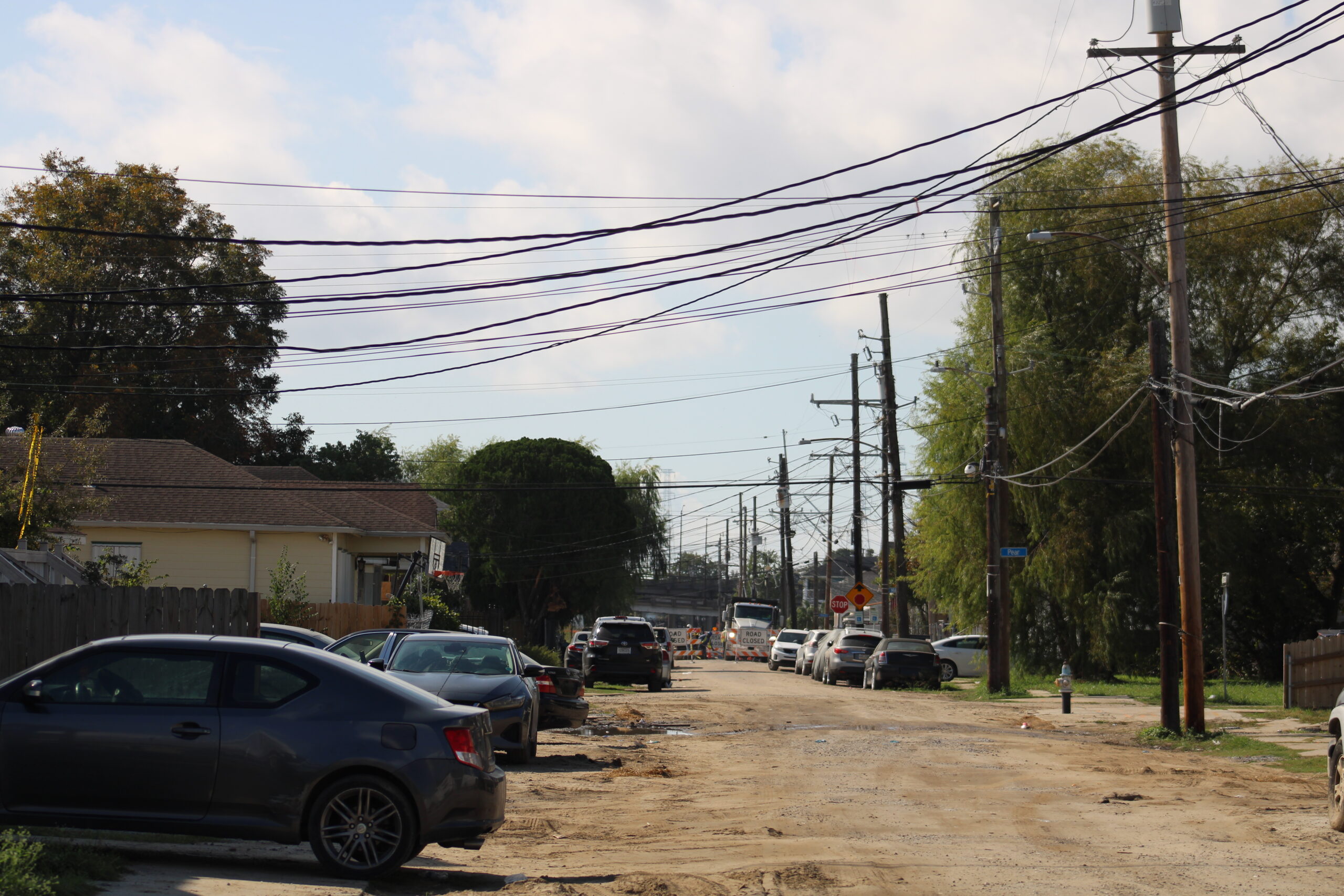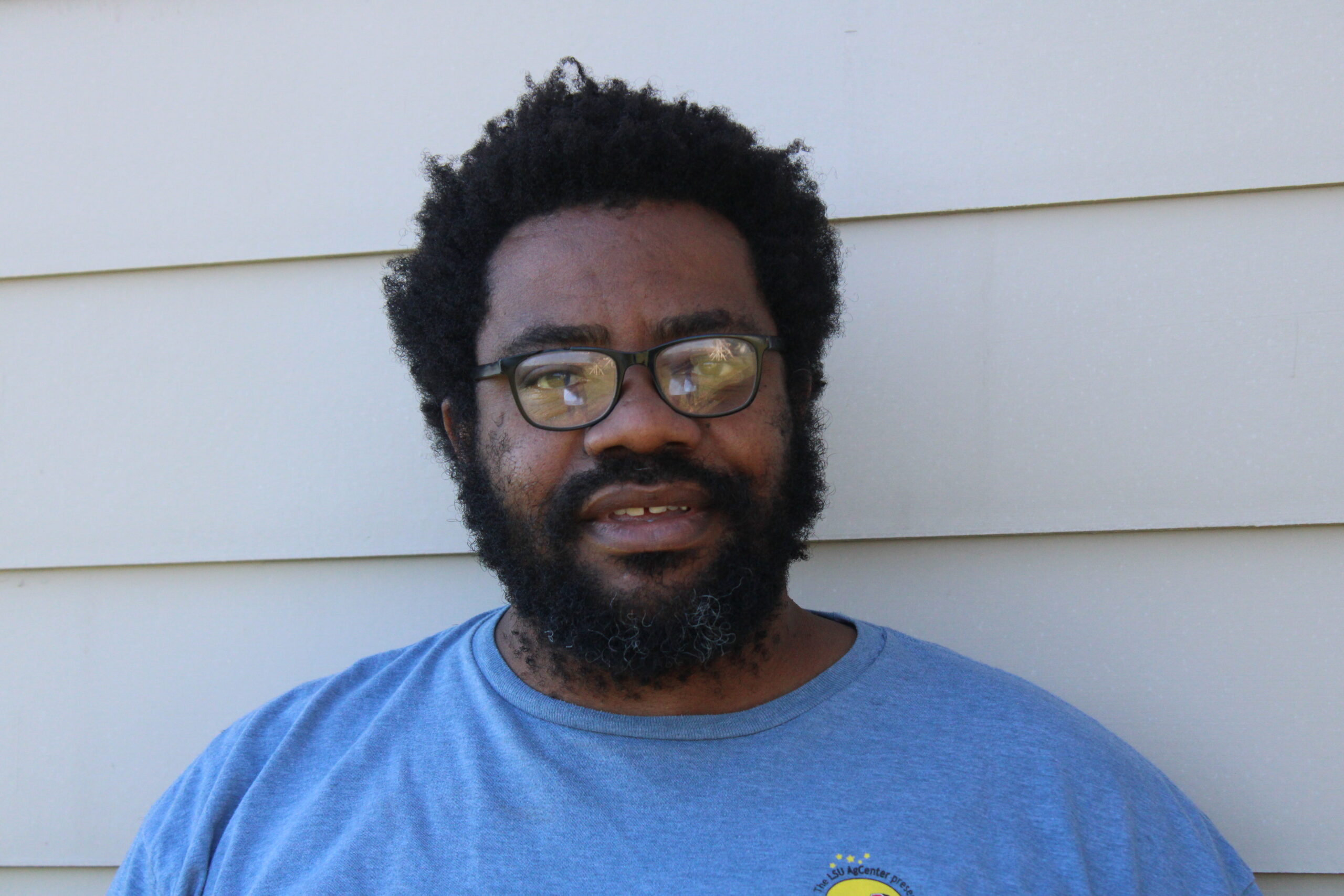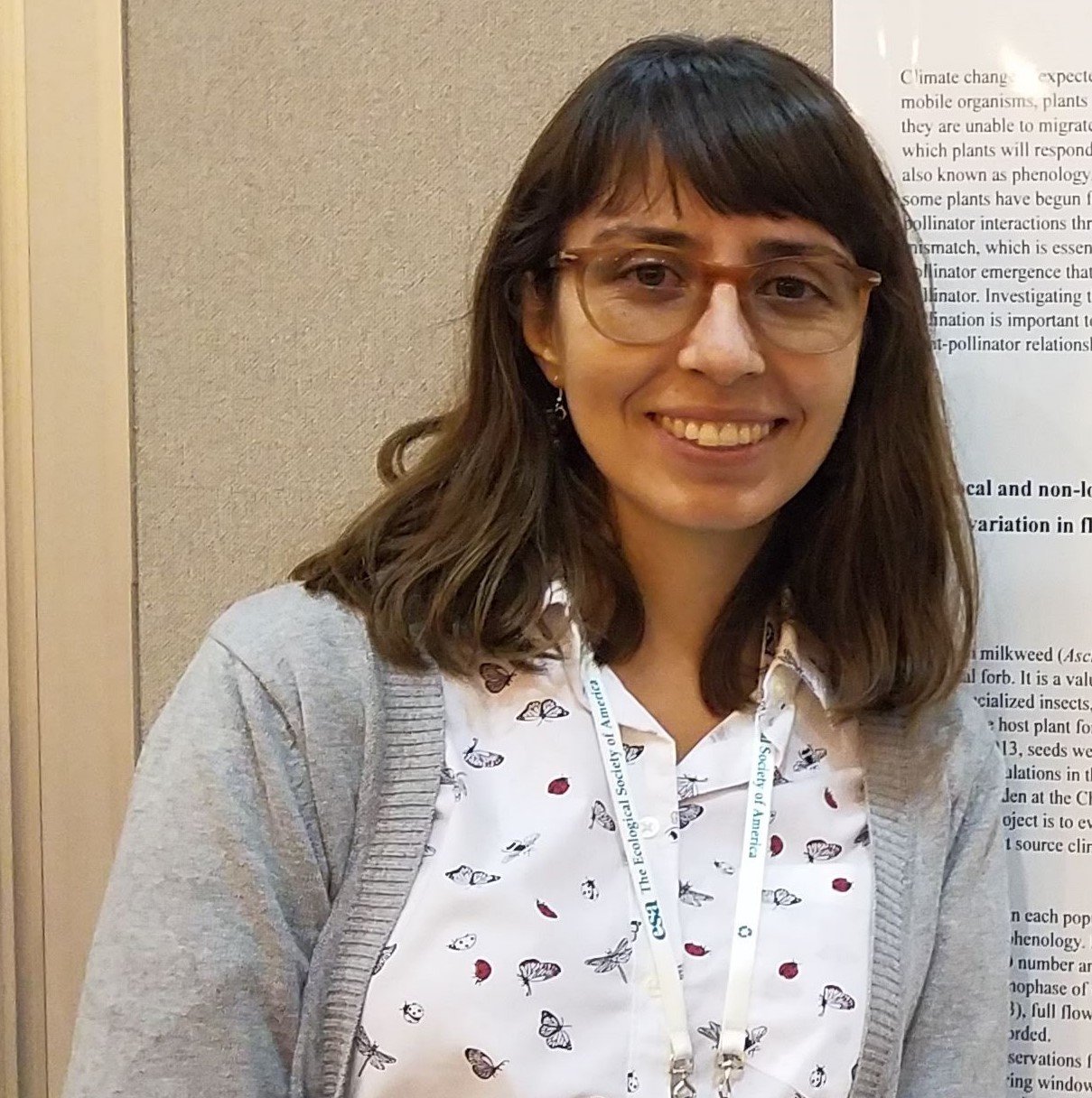Solicita ahora para formar parte de nuestra próxima grupo de Becados en Ciencia científicos comunitarios y líderes comunitarios.

Image c/o Raymond D. Sweet
Our project in Hollygrove Dixon aims to tackle the Urban Heat Island Effect by implementing Nature Based Solutions, including the installation of solar energy systems. By reducing the heat island effect, we anticipate lower electric bills, fostering neighborly relations in a cooler environment, and promoting better health outcomes through increased resident activity. The project will enhance our understanding of how the Urban Heat Island Effect impacts residents’ lives, allowing us to strategically implement solutions where they’re needed most, fostering a more sustainable and resilient community.
The Hollygrove Dixon Neighborhood, situated in New Orleans, encompasses 220 households with approximately 800 residents, primarily composed of BIPOC and Latinx individuals. The driving force behind this project is the Hollygrove Dixon Neighborhood Association, a community-led organization with predominantly BIPOC female leadership. The overarching goal is to gather specific data on the impact of the Urban Heat Island Effect in our neighborhood. This data will serve a dual purpose: applying for funding to address local challenges and collaborating with local, state, and federal entities to address controllable issues. The neighborhood association has a history of proactively addressing the Urban Heat Island Effect, employing Nature-Based Solutions for stormwater management, and actively seeking funding for a community lighthouse to aid residents during extreme weather events.
The project aims to comprehensively understand the impact of the Urban Heat Island Effect on the daily routines of Hollygrove Dixon residents. This will be achieved through a survey that collects data on resident activities and the temperatures around their residences. The project involves active engagement with the community throughout the survey process, ensuring that residents are not only participants but also informed stakeholders. The key actors include the Hollygrove Dixon Neighborhood Association, community members, and potential funders and lawmakers.
The project’s outputs will include a detailed dataset from the survey, which will be analyzed and shared with the community through accessible mediums like community meetings and online platforms. Additionally, the results will be compiled into a compelling case that can be presented to funders and lawmakers, demonstrating the urgent need for resources to address the Urban Heat Island Effect in Hollygrove Dixon.
Upon completion, the community will benefit from an enhanced understanding of how the Urban Heat Island Effect influences their daily lives, enabling them to make informed decisions. The anticipated impact is securing funding to implement targeted solutions, reducing the Urban Heat Island Effect in the community. Beyond Hollygrove Dixon, the project’s success could serve as a model for other communities facing similar challenges, contributing to a broader understanding of the intersection between urban planning, climate resilience, and community well-being. The engagement with lawmakers and funders also has the potential to influence policy changes and resource allocation at higher levels, creating a positive ripple effect within science, policy, and community development.
There are 2 options for a timeline: We can start the project in the winter months January to February and conclude the project in the warmer months May, June and July. Or we can reduce the time and start the project in August and end in November.

Raymond D. Sweet serves as the Climate Coordinator for the Hollygrove Dixon Neighborhood Association. With a unique perspective at the intersection of foster care and climate change, Raymond focuses on addressing community concerns through the lens of the most vulnerable children. Hailing from Florida, he brings over 25 years of experience in organizing residents and workers. Currently, Raymond is dedicated to organizing residents and actively seeking and bringing resources to the Hollygrove Dixon Neighborhood Association.

Imeña Valdes earned her B.S in Biology and a Certificate in Agroecology from Florida International University and an M.S in Plant Biology and Conservation from Northwestern University and the Chicago Botanic Garden. Her graduate research focused on pollinator preference between native and cultivated native plants. Imeña has an interest in the creation of urban green spaces to help connect fragmented habitats so animals, like pollinators, can be supported and protected. She is currently a substitute teacher for the Chicago Public School System and an adjunct instructor at DePaul University.
We seek two scientists passionate about weather and climate impacts on under-resourced communities: an anthropologist and an urban climatologist (or someone with relevant skills/education). Your role will be pivotal in analyzing the effects of the Urban Heat Island (UHI) phenomenon on Hollygrove Dixon. We are specifically interested in scientists who can collect both quantitative data (heat temperatures, utility bills, etc.) and qualitative insights (daily routines, eating habits, etc.). Your expertise will guide the survey methodology, data analysis, and interpretation of findings.
Given the direct engagement with community residents and the need for local insights, we prefer scientists local to the Gulf coast area. However, if you share our commitment to understanding and addressing climate challenges in small communities, remote engagement is also welcome.
Additionally, we are open to students with a passion for climate science and community engagement. As part of our team, you will contribute to creating meaningful solutions that positively impact the daily lives of our community members. Join us in making a tangible difference in the intersection of climate science and community well-being
Anthropologist
Urban Climatologist
Thriving Earth Exchange pide a todos los socios científicos que trabajen con la comunidad para ayudar a definir un proyecto con impacto local concreto al que puedan contribuir como voluntarios y colaboradores pro-bono. Este trabajo también puede posicionar a los científicos y las comunidades para buscar financiación adicional, juntos, para la siguiente fase.
¿Le interesa trabajar como científico voluntario? ¡Inscríbete ya!
(c) 2024 Thriving Earth Exchange